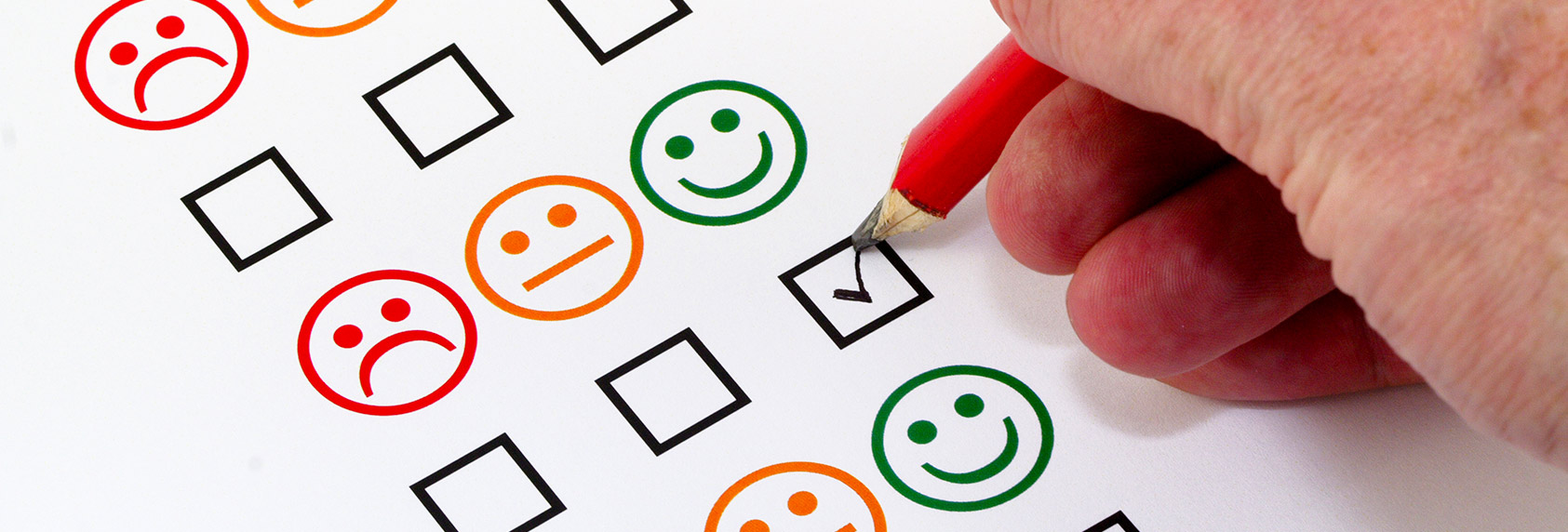Our teams
We have identified two CSR priorities for our teams: improving gender balance and measuring and improving the employee experience.
Our teams are the primary recipients of Aprolis' CSR approach. The company's ability to recruit and retain the employees it needs is key to its long-term survival. This requires a quality work environment and an openness to diversity.
Monnoyeur has been built and developed since its creation in 1906 through the commitment and work of the men and women who have invested in all levels of its organisation.
This constructive collaboration between all stakeholders has enabled the group to become an international company and has founded its intrinsic valuesaround Respect, Entrepreneurship, Courage and Conviviality, which form the basis of our internal and external relations.
In this respect, Monnoyeur has recently committed itself to formalising and the animation of its values, in particular through the deployment of a Charter for living well together, which should constitute a guiding principle in our relations with others.
This concern for respect for others was also formalised by the signing of the Diversity Charter on 20 January 2020 (initiated by Aprolis in 2019) and the formalisation of the Group's Code of Ethics and Good Conduct.
Improving the gender balance

Attentive to the benefits that a better gender mix can bring to the organisation in terms of achieving the objectives set by the group, commitments have been made to improve the position of women in our businesses.
Accordingly, the group has set ambitious targets for all its subsidiaries in France and abroad, particularly in terms of the recruitment of women over the coming years.
This commitment is expressed on two levels:
- For executives and managers: 30% of open positions filled by women by 2023, 35% by 2025 and up to 40% by the end of 2027.
- For non-managers and non-executives, 35% of open positions will be filled by women by 2023, 40% by 2025 and 45% by the end of 2027.
In order to formalise this positive approach, a group framework agreement on professional equality between men and women and the prevention of discrimination was signed in December 2021.
At the same time, the group's companies subject to the publication of the "gender equality index" undertook to achieve a score of 75/100 by the third publication at the latest. This objective was achieved for Aprolis with scores of 83 out of 100 for the 2020 index published in 2021, i.e. from the second year.
Our targets for improving our index are as follows:
- Pay gap indicator: reaching a score of 35/40
- Indicator relating to the difference in the rate of individual increases: Maintenance target as we have the maximum number of points
- Promotion rate gap indicator: Maintenance target as we have the maximum number of points
- Indicator relating to the % of employees who received an increase in the year following their return from maternity leave: Maintenance target as we have the maximum number of points
- Indicator for the number of employees of the under-represented gender in the 10 highest paid employees: Have 2 women in the 10 highest paid
Improving the employee experience

Aprolis considers it essential to ask its employees about their experience within the company. It measures this regularly (once or twice a year) for all its employees through targeted surveys which aim, in particular, to monitor the recommendation rate (E-NPS) enjoyed by our company, i.e. how many employees would recommend Aprolis as an employer.
In the wake of these surveys, management and teams are working together on concrete solutions based on the results obtained to improve working conditions and the employee experience; for example, by focusing on the dissemination of useful information through various channels (life sheets, videos, educational workshops, employee testimonies, etc.), the setting up of interdepartmental meetings to improve coordination or the digitalisation of our processes.
Furthermore, in the context of the health crisis, the group agreement on teleworking signed in France at the beginning of 2021 has made it possible, among other things, to reduce commuting in a sustainable manner, beyond̀ the short-term measures taken in response to the Covid-19 pandemic. This commitment thus fulfils a dual objective: to reduce GHG emissions caused by commuting and to improve the working environment of our employees.


